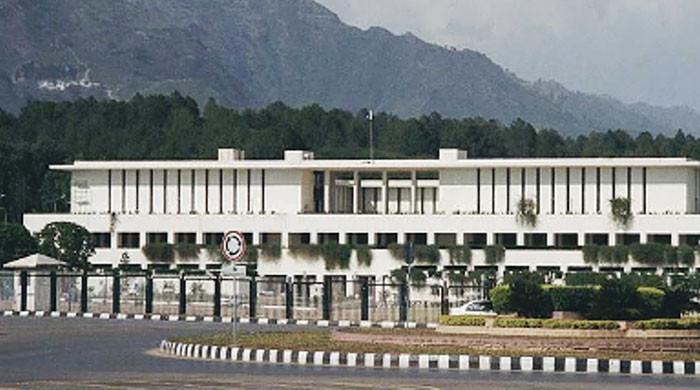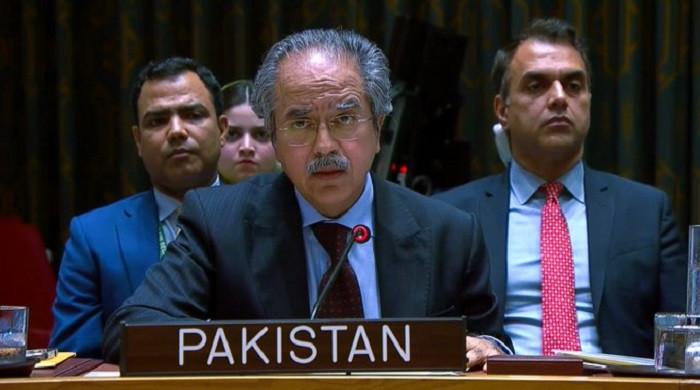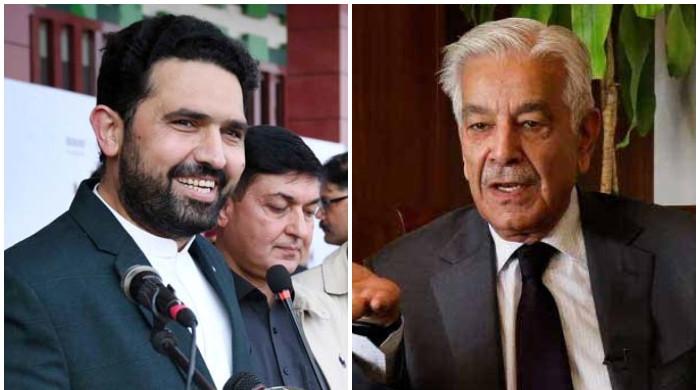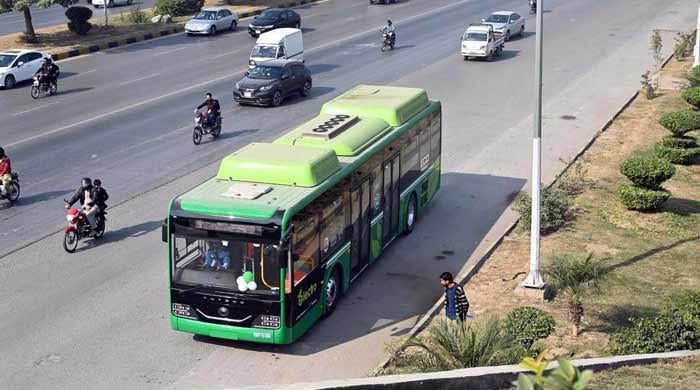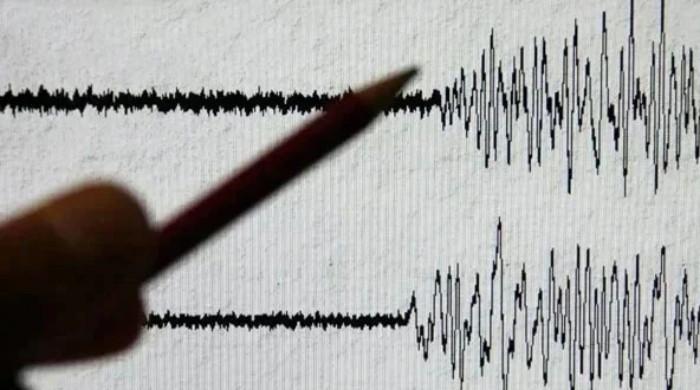Pakistan schools in coronavirus hotspot areas to stay closed till April 11
Shafqat Mehmood addresses press conference after chairing NCOC meeting on closure of schools
March 24, 2021
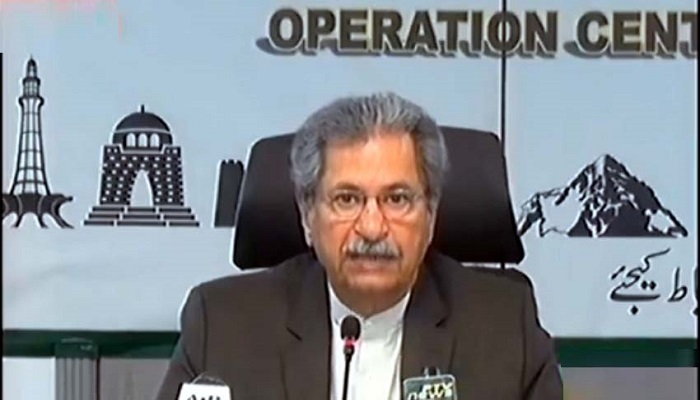
- Shafqat Mehmood says health of children is government's top priority.
- Ninth, Matric and Intermediate exams will be held as per the schedule announced by the boards.
- Govt to hold a meeting with Cambridge International Examinations to check whether a change in exams schedule is possible or not.
ISLAMABAD: Schools in Pakistan that are located in coronavirus hotspot areas will remain closed till April 11, Federal Education Minister Shafqat Mehmood announced Wednesday.
He was speaking to the media after an important meeting of education and health ministers at the National Command and Operation Centre (NCOC) to decide on the closure of schools amid an alarming rise of coronavirus cases in the country.
The number of COVID-19 active cases has doubled in the last three weeks while the positivity ratio has remained above 8% in the last few days. According to the NCOC data, the number of active cases was 17,352 on March 6 which reached 36,849 on Wednesday.
Mehmood said the government will hold a meeting with the Cambridge exams board to see whether examinations can be postponed or not.
Board examinations of classes nine to 12 will be held as per the timetable, he said.
Read more: NCOC announces new SOPs for areas with more than 8% coronavirus positivity
We have seen that the number of cases in Punjab, Khyber Pakhtunkhwa and Azad Kashmir has increased, he said. “The number of infections is relatively less in Sindh, Balochistan and Gilgit-Balochistan,” Mehmood said.
The education minister said keeping in view the coronavirus situation, the provincial governments will decide the districts where educational institutions will remain closed.
Mehmood said the government is cognizant of the fact that the closure of educational institutions is affecting the education of children. However, he said the health of children is priority.
The federal minister said that the next meeting of the education and health ministers will be held on April 7 to review the whole situation.
Third wave is serious: Shafqat Mehmood
On Sunday, Mehmood took to his Twitter account and reminded the masses that the third wave of the coronavirus is serious, therefore, it requires careful review.
"All education/health ministers will meet Wednesday, March 24, at the NCOC to take a decision regarding opening or further closure of educational institutions," the minister wrote.
"The health of students, teachers, [and staff is of] primary consideration."
'High risk of COVID-19 spread in schools'
In a separate statement on Monday, Mehmood said that he was not in favour of shutting down educational institutes but the NCOC believed that there’s a high risk of coronavirus in schools.
“50 million children are linked with education and if someone got infected, the disease would spread," he said.
Read more: Hilarious Shafqat Mehmood memes go viral again as NCOC holds meeting
It is pertinent to note that schools, colleges and universities were allowed to resume regular classes from March 1 but the Sindh government did not follow suit saying the situation has not improved.
On March 10, the federal government had announced a two-week Spring Break in Islamabad, Peshawar and seven Punjab cities where the positivity was high and imposed restrictions to control the spread.
The health officials have warned that the UK variant, which has wreaked havoc in Punjab and the federal capital, spreads faster and is more deadly.
Curbs on business, public transport
In view of a surge in coronavirus cases in the country, the NCOC on Monday issued renewed standard operating procedures (SOPs) to contain the virus, saying that these would be implemented with immediate effect.
As per the new guidelines, all businesses will only be allowed to operate five days a week, while all commercial activities will be closed by 8:00pm in areas with a positivity ratio greater than 8%.
The forum expressed grave concern over the current COVID-19 situation in the country and unanimously agreed to implement some high impact interventions in cities and districts with a high positivity ratio.




